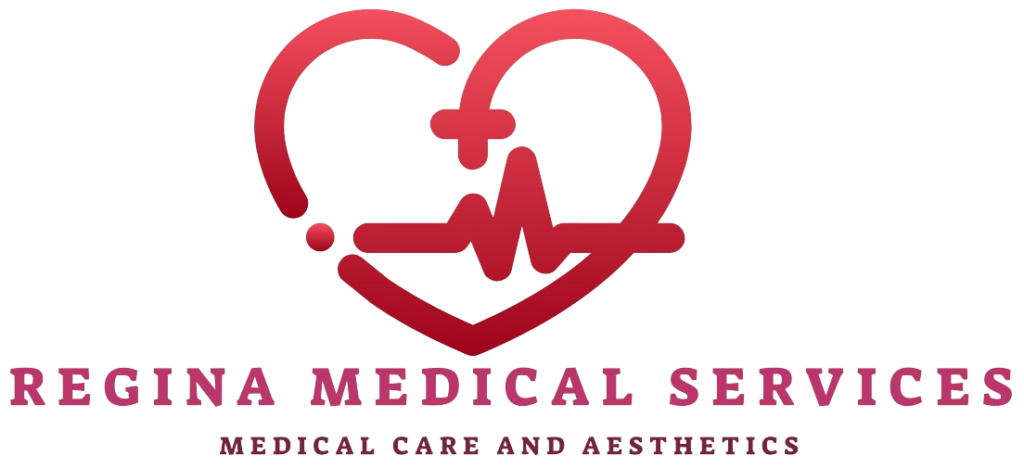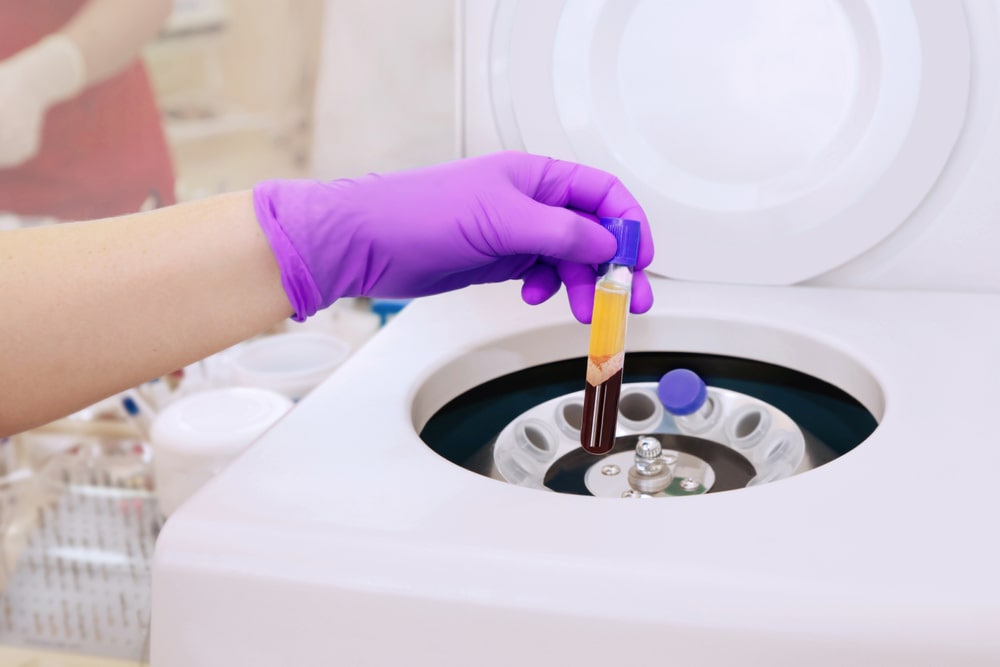Unit Price: Starting at $600 per treatment
Amount: 1-3 treatments
Repeat: every 4-6 weeks
Uses your own plasma in a microneedling session to rejuvenate skin.
Facial platelet-rich plasma treatments are non-surgical facelifts capable of smoothing wrinkles, evening skin tone, and tightening facial tissues. These treatments involve injecting platelet-rich plasma from a patient’s own blood into the delicate skin of the face. This helps to stimulate collagen production, helping the skin glow more luminously and appear more voluminous. Patients who undergo these treatments have the opportunity to age gracefully and subtly, avoiding harsh cosmetic treatments that appear unnatural and obvious.
Did you know…
Facial platelet rich plasma treatments are growing in popularity among adult men and women of all ages who want rapid aesthetic results with no down time. In fact, minimally invasive cosmetic procedures are at an all-time high, with the American Society for Aesthetic Plastic Surgery reporting that more than 8 in 10 total cosmetic procedures in America are non-surgical. Trends are showing that more and more patients are demanding a more natural approach to cosmetic treatment – and facial platelet rich plasma treatments deliver!
Frequently Asked Questions
Am I a candidate for a facial platelet-rich plasma treatment?
You may be a candidate for a facial platelet-rich plasma treatment if you want the results of a face lift without going under the knife. Call our office today to find out if this ground-breaking facial rejuvenation treatment is right for you.
What should I expect during a facial platelet-rich plasma treatment?
Facial platelet-rich plasma treatments are in-office procedures that take just minutes to complete. Your blood will be drawn and the platelets extracted using a centrifuge. Using a very tiny needle, the injection site on your face will be numbed and the platelets injected beneath the skin.
What types of results should I expect from this facial?
Results vary from patient to patient and are never guaranteed. However, many people who undergo platelet-rich plasma injections find that their skin is brighter, smoother, tighter and more rejuvenated soon after the treatment. Results typically continue to improve over the course of several weeks and may last a year or more.
Platelet-Rich Plasma (PRP) therapy is a treatment that has gained popularity for its potential benefits in both facial rejuvenation and hair loss treatment. PRP is a concentrated form of platelets obtained from a person’s own blood. Here’s how PRP can be used for facials and hair loss:
1. PRP for Facial Rejuvenation:
PRP can be used in facial treatments to improve skin texture, tone, and overall appearance. The platelets in PRP contain growth factors that help stimulate collagen production, enhance skin elasticity, and promote tissue regeneration. The procedure involves drawing a small amount of blood from the patient, processing it to isolate the platelet-rich plasma, and then injecting or applying the PRP onto the face. This can help reduce the appearance of fine lines, wrinkles, acne scars, and improve overall skin quality.
2. PRP for Hair Loss:
PRP therapy has shown promising results in treating certain types of hair loss, such as androgenetic alopecia (pattern baldness) and alopecia areata (patchy hair loss). When injected into the scalp, the growth factors in PRP stimulate hair follicles, promote hair growth, and increase the thickness and density of existing hair. The treatment involves extracting blood from the patient, processing it to obtain PRP, and then injecting it into the areas of the scalp experiencing hair loss.
It’s important to note that while PRP therapy has shown positive outcomes for some individuals, results may vary, and it may not be effective for everyone. It is recommended to consult with a healthcare professional or a qualified cosmetic specialist to determine if PRP therapy is suitable for your specific concerns and to discuss the potential benefits and risks associated with the treatment.





